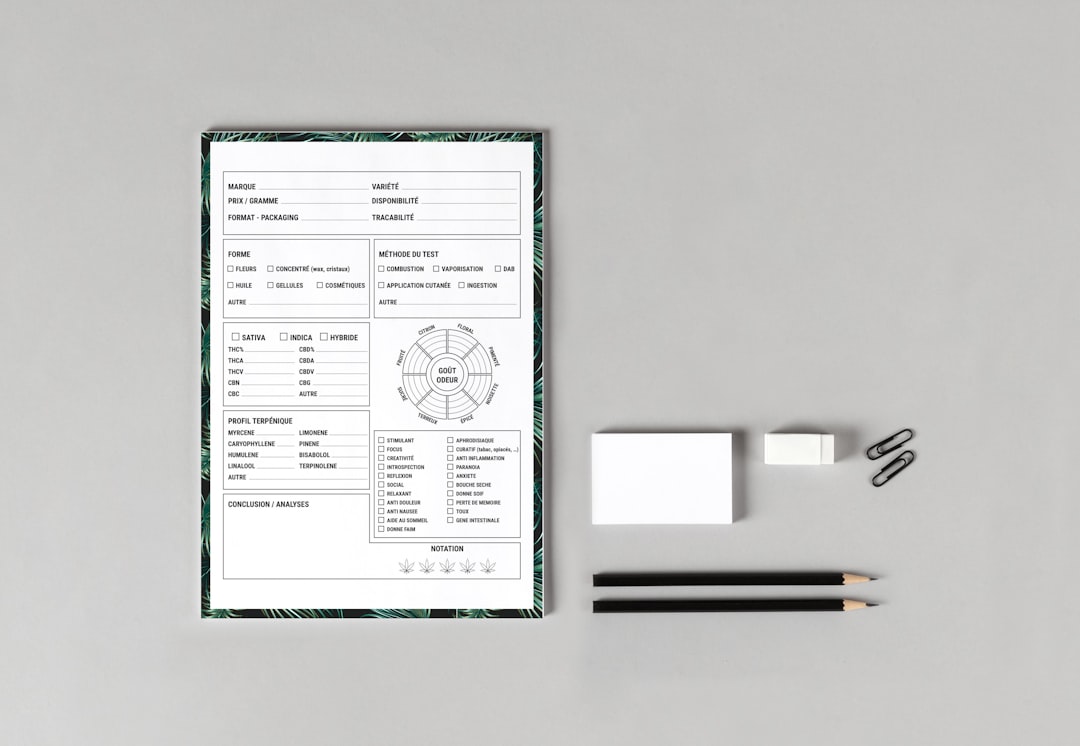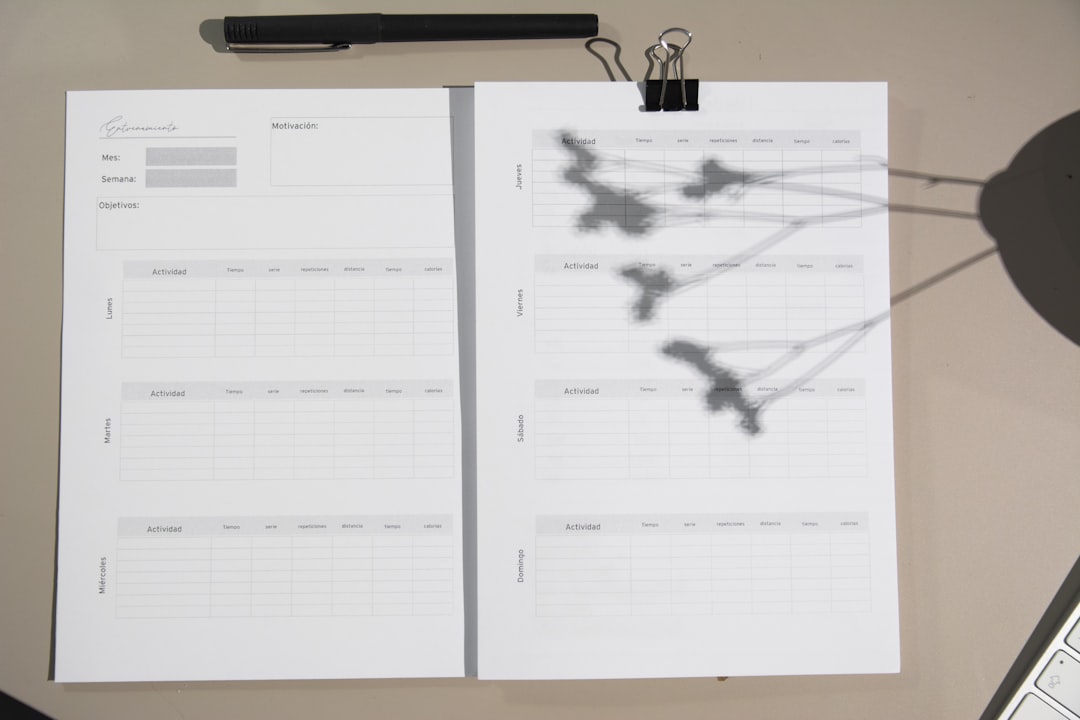Investing in real estate can be highly lucrative, but it also demands strategic planning, detailed analysis, and seamless property management. In today’s digital era, real estate investors have access to a variety of powerful tools that make it easier to identify promising deals, analyze financial feasibility, manage properties efficiently, and ultimately maximize return on investment (ROI). Understanding which tools are most effective is critical for every investor, from beginners to seasoned professionals.
Top Deal Analysis Tools for Investors
Before acquiring a property, investors must determine whether the asset is a sound investment. Deal analysis tools serve this purpose by offering projections, cash flow estimations, and comparative evaluations.
- DealCheck – This tool allows users to evaluate potential rental properties, flips, and BRRRR strategies. With features like cash flow forecasting, ROI calculators, and sales comparison, DealCheck gives investors a comprehensive snapshot of a property’s viability.
- PropStream – Often described as an all-in-one real estate analytics tool, PropStream gives users access to nationwide property data, rehab calculators, and metrics to identify undervalued properties.
- Roofstock – Especially suited for those venturing into turnkey rental investments, Roofstock not only lists available rental properties but also provides detailed insights including expected rent, expenses, and cap rates.
The right deal analyzer can eliminate hours of manual computation and increase accuracy in decision-making. Investors no longer need to use complex spreadsheets alone—they can leverage modern software to quickly answer essential questions about a property’s potential financial performance.

Top Tools for Market and Property Research
Understanding the local market trends and future growth prospects plays a significant role in real estate investing. The following platforms are indispensable for performing in-depth market and property research:
- Mashvisor – Designed for Airbnb and traditional rental investment comparisons, Mashvisor provides analytics on occupancy rates, rental income, and neighborhood performance.
- Zillow Rental Manager – While best known as a listing site, Zillow also offers extensive local data including rental estimates, price history, and neighborhood demographics.
- Redfin – This real estate brokerage tool provides historical sale prices, price per square foot, and trends at the micro-market level. Users can compare neighborhoods easily with interactive maps.
With these tools, investors can identify emerging markets, compare neighborhood values, and predict trends—all of which are crucial for smart acquisition strategies.
Top Tools for Property Management
Once a real estate asset has been acquired, efficient property management determines its long-term profitability. Automation and digital tracking have taken center stage in property management technology:
- Buildium – Buildium offers end-to-end property management features including tenant screening, rent collection, maintenance scheduling, and financial reporting—all from a single dashboard.
- AppFolio – Especially popular among property managers with larger portfolios, AppFolio combines accounting, leasing, servicing, and communication tools to streamline operations.
- TenantCloud – A free-to-use property management system, ideal for smaller landlords. It includes online rent payments, work order management, and marketing tools.
Managing multiple properties, especially across different locations, can be daunting. These platforms help reduce human error, save time, and ensure legal compliance in day-to-day operations.

Top Tools to Maximize ROI
ROI is not just about acquisition—it’s realized through strategic operations, improvements, and exit planning. Here are tools focused on maximizing your investment returns:
- Stessa – Stessa provides real-time financial tracking and performance insights across your portfolio. You can easily monitor your ROI, expenses, and net cash flow.
- REoptimizer – This lease optimization tool is geared more towards CRE investors. It helps users evaluate lease scenarios and find cost-saving opportunities.
- Rentometer – Rentometer allows investors to compare current rental income with local rental market values. This ensures you’re charging competitive rents and maximizing income potential.
Through the consistent use of these tools, investors can uncover inefficiencies, track their performance over time, and make data-informed improvements to increase long-term profitability.
Streamlining Communication and Collaboration
Developers and real estate teams often work collaboratively with agents, contractors, and partners. Streamlined communication is essential for avoiding costly misunderstandings and delays:
- Trello / Asana – These project management tools help organize property renovations, lease-up timelines, and task assignment among team members.
- Slack – For teams in constant collaboration, Slack keeps communication centralized and coordinated across different property and investment projects.
With streamlined communication, investors can promptly address issues, manage teams effectively, and ensure that projects stay on schedule and within budget.
Conclusion
In a fast-paced real estate landscape, data-driven decisions and streamlined operations are more important than ever before. Whether evaluating a new investment, managing current assets, or optimizing returns, investors now have a suite of real estate tools at their disposal. By integrating these platforms into their workflow, investors can enhance productivity, reduce human error, and most importantly—build a portfolio that performs.
Frequently Asked Questions
-
Q: What is the best tool for a beginner real estate investor?
A: DealCheck and Mashvisor are highly recommended for beginners due to their ease of use and comprehensive deal analysis capabilities. -
Q: Do these tools require a subscription?
A: Most of the tools offer free trials or limited-feature free versions, but full access typically requires a monthly or annual subscription. -
Q: Are there tools that integrate with accounting software?
A: Yes, tools like Buildium and AppFolio include built-in accounting features and can also integrate with external platforms such as QuickBooks. -
Q: What tool helps with tenant screening?
A: Buildium and TenantCloud include tenant screening functionalities with background and credit checks. -
Q: How do I know if I’m charging the right rent?
A: Tools like Rentometer or Zillow Rental Manager allow you to compare your rental rates with similar listings in the area.


